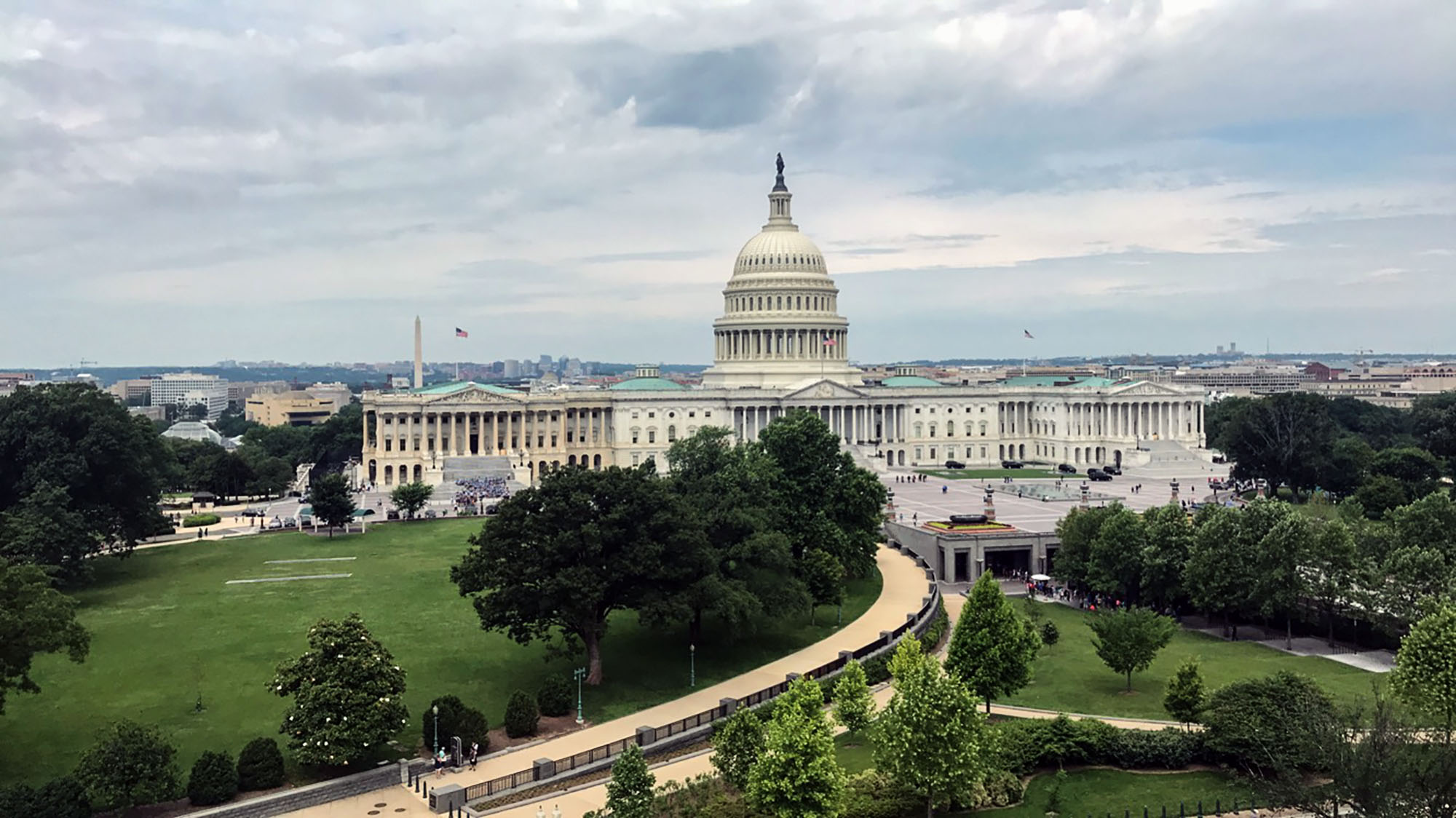When University of Maryland student Nathan Holliman was rushing around Capitol Hill during his spring 2017 congressional internship, he started to see his bank account balance dip.
The senior supply chain management major took the Metro from College Park to Washington, D.C., each day. With no money coming in from his internship, Holliman found himself down a few hundred dollars by the end of the semester.
‘”I’ll admit, it was a bit discouraging seeing how much I was spending on Metro fare every week without payment,” Holliman said.
But future interns could have a different experience. Last week, Congress approved a spending bill, which President Trump has indicated he will sign, that provides funding to pay congressional internships. The bill earmarks $5 million for Senate interns and $8.8 million for House of Representatives interns.
Pay Our Interns, a nonprofit advocacy group that pushes for paid internships across major industries, found in a 2017 report that a congressional internship costs about $6,000 on average. At the time of the report, 26 of 431 representatives and 44 of 99 senators paid their interns.
[Read more: The U.S. Senate passed a bill to pay its interns]
It’s expected that the funding will begin to be used in spring 2019, said Guillermo Creamer, Pay Our Interns’ chief of staff. Not all interns will have to be paid, he said, but many will as a result of the legislation.
The bill is in part an attempt to diversify the types of people who receive congressional internships, Creamer said. Financial responsibilities — such as student loans and rent — can make it hard for students to accept unpaid internships.
“Unpaid internships bar people in lower socio-economic situations from accessing internships,” Creamer said.
Jonathan Allen, this university’s Student Government Association president, held a congressional internship this summer. The senior government and politics major said that it was difficult to juggle paying for housing, food, transportation, student loans and summer credits, and put financial stress on him.
Giving students who typically couldn’t afford to accept unpaid internships will help make the halls of Congress, and its decisions, more diverse, he added.
[Read more: SGA backs no-excuse absentee voting and intern tax credit bills in Annapolis]
“When I walked the halls of Capitol Hill, most people looked like me. That’s a problem,” said Allen, who is white. “Our country is far more diverse than the staff on the Hill. I witnessed the importance that congressional staffers have in the decision making process, and we should want our legislative branch to reflect our country.”
Allen isn’t the only one who has noted a lack of congressional diversity. Last fall, two female students — Emily Kaplan and Manisha Sunil — co-founded a chapter of a national organization called “Ignite,” with aims to encourage young women at this university to run for political office.
Kaplan, a senior economics and government and politics major, had previously worked a summer congressional internship. She said in February that she wanted to push for change because there were “so many white men walking around” on the Hill.
“I was like, ‘Wow, this is such a visual representation of something that I know is happening'” she said.
While the increased funds for congressional internships may make them more accessible, it could also increase competition, since more applicants would apply when there’s pay, Allen said.
“But if you ask me what I prefer more, less applicants or a more diverse staff, I would always take the latter,” he said.



